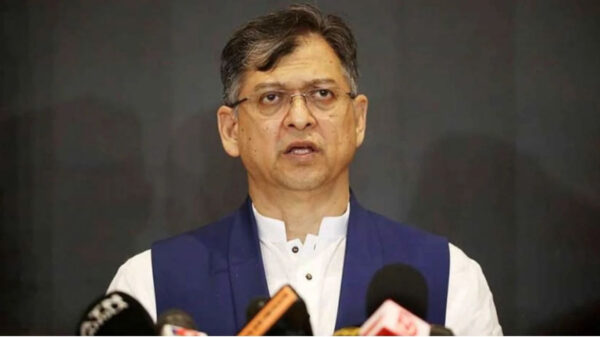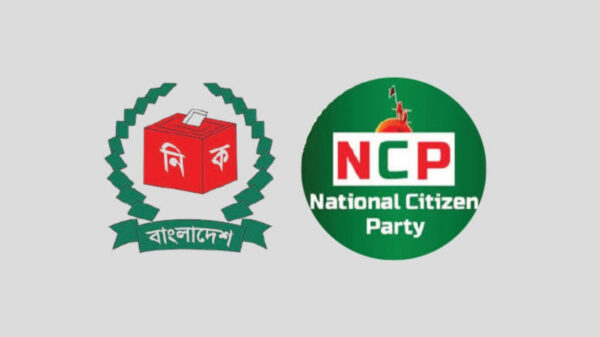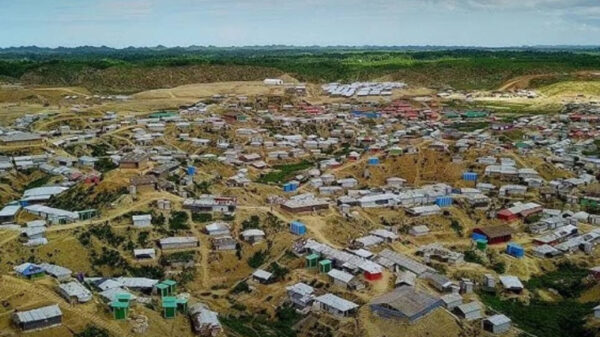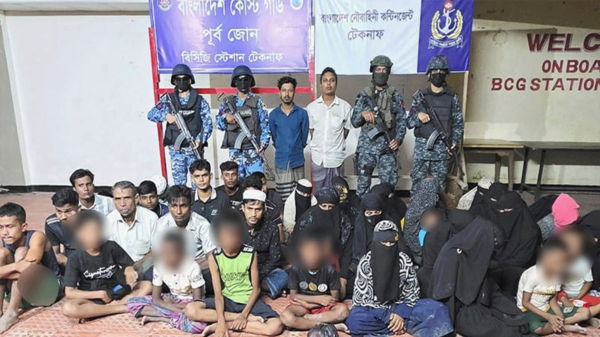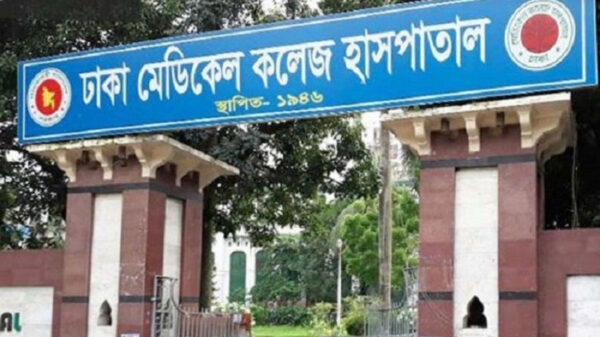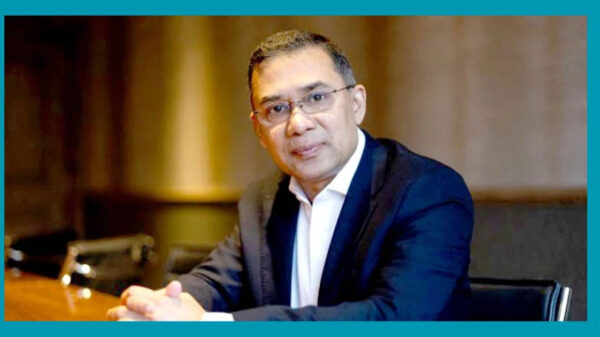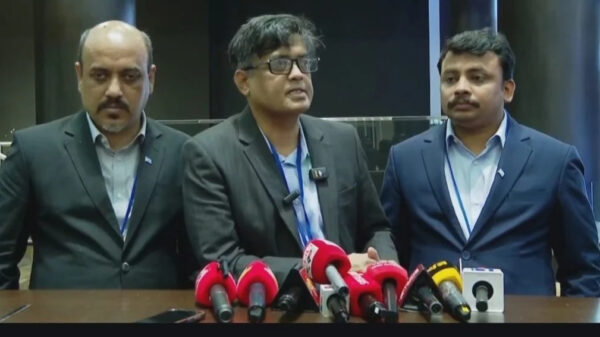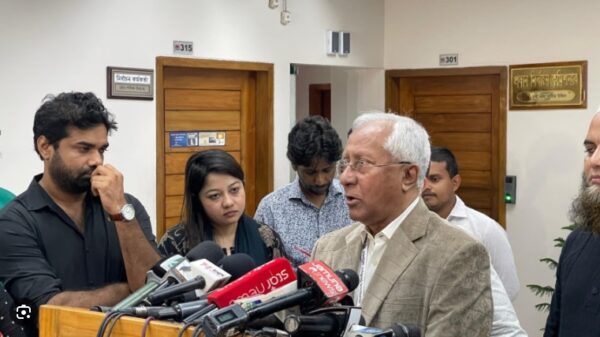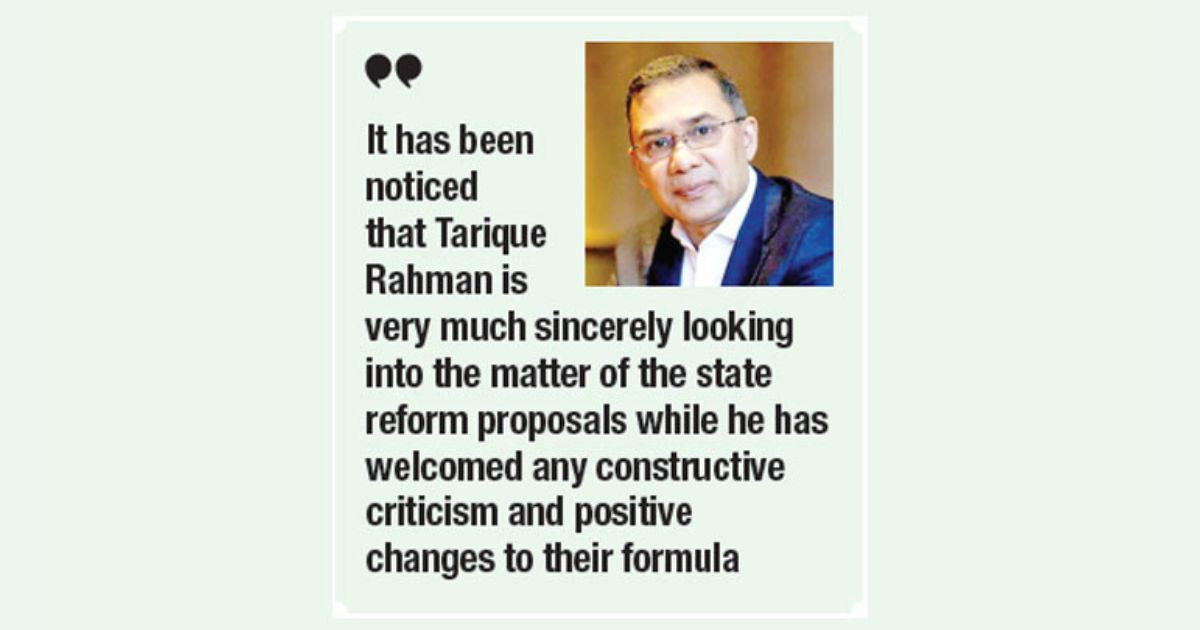Staff Reporter:
BNP’s acting chairman Tarique Rahman is a genuine reformist, committed to bringing about positive and meaningful changes across all institutions of the country for the betterment of the state and its people.
His reform-oriented mindset has already become evident through his various initiatives and activities.
Fulfilling its responsibilities as a major political party, the BNP first raised the issue of state reform in 2016, when its Chairperson Khaleda Zia unveiled “Vision 2030”.
In continuation of this agenda, Tarique Rahman presented a 31-point state reform blueprint in 2023.
Reform typically refers to changes made to improve, correct, and make institutions or systems more effective and meaningful. These changes may apply to social structures, state laws, or even individual behaviours, always with the aim of promoting the public good.
Reform should prioritise the welfare of the state and its people; otherwise, it risks serving the narrow interests of specific groups.
State reform is a lengthy and continuous process, which cannot be completed overnight or within any specific timeframe. It entails bringing qualitative changes to the state structure and behaviour of the citizens to better serve the needs and welfare of the people.
In a democratic country, particularly where parliamentary democracy is practised, only an elected parliament represents the country’s people and has the mandate to reform the state.
As a non-political government does not represent the people, it may have a specific agenda for reform. That is why reform will have to be done by an elected parliament. In this situation, if the interim government wants to bring maximum reform to the state, it cannot reflect people’s desire and needs.
Notably, it was the BNP, which first presented a comprehensive 31-point outline for state reform, aiming to build what it envisions a “New Bangladesh” and prevent the resurgence of fascism and autocracy.
Before placing the state reform formula, to make it more democratic, the party took opinion of a significant number of active political parties, unveiled this reform formula on 13 July 2023.
It has been noticed that Tarique Rahman is very much sincerely looking into the matter of the state reform proposals while he has welcomed any constructive criticism and positive changes to their formula and appointed some senior leaders including the BNP standing committee member Salahuddin Ahmed to fully cooperate the National Consensus Commission formed by the interim government.
Under Tarique Rahman’s leadership, the BNP has endorsed the majority of the proposals presented by the government’s reform commissions, many of which align closely with the BNP’s own platform introduced over three years ago. In the interest of national unity and consensus, the party has even accepted several proposals it previously opposed.
The BNP has constructively engaged with the reform process, notably supporting amendments to Article 70 of the Constitution to allow MPs greater freedom in voting – beyond specific bills such as finance bills and motions of no confidence.
Of the 587 proposals submitted by the four reform commissions, the BNP agreed to 436. This includes: 46 out of 47 recommendations from the ACC Reform Commission, 187 out of 208 from the Public Administration Reform Commission, 62 out of 89 from the Judicial Reform Commission, and 141 out of 243 from the Electoral Reform Commission.
In addition, the BNP partially agreed with 28 other proposals.
The Police Reform Commission’s proposals are yet to be fully finalised. However, consensus has been reached on nearly all issues, including the proposed abolition of the RAB. The BNP has also provided detailed feedback on 131 recommendations from the Constitutional Reform Commission.
The party has agreed to several key reforms, including, reintroducing the caretaker government system, updating the Ombudsman Act, amending relevant constitutional articles to reform constituency boundaries, establishing a specialised parliamentary committee through legislation, expanding lower courts at the upazila level, and revising the legal framework governing states of emergency.
Additionally, the BNP accepted a proposal to limit any individual’s tenure as prime minister to a maximum of 10 years in their lifetime, revising its previous stance that tenure should depend solely on public will.
The party also agreed that the chairmanship of parliamentary standing committees, including the four most important ones, should be proportionally allocated to opposition parties. Moreover, the BNP endorsed amending Article 49 of the Constitution regarding presidential powers.
Demonstrating its commitment to reform, the BNP organised extensive public outreach initiatives across the country to promote the 31-point state reform formula to the public and civil society. It also conducted training workshops for grassroots leaders to mentally prepare them and enhance their understanding, ensuring smooth implementation of the reforms in future.
Staying true to this vision, Tarique Rahman has pledged that a national government led by the BNP will be formed with the participation of all political parties involved in the anti-fascist movement. This government will implement the 31-point reform programme to return the ownership of the state to its citizens.
Simultaneously, in his regular speeches, the acting chairman continues to urge party members to embrace the BNP’s vision of building a “New Bangladesh” through reform. He has also initiated internal reforms within the party itself. To instil discipline and accountability, he has taken a firm stance against misconduct, expelling over a thousand party members and issuing show-cause notices to several thousand others for various infractions.


